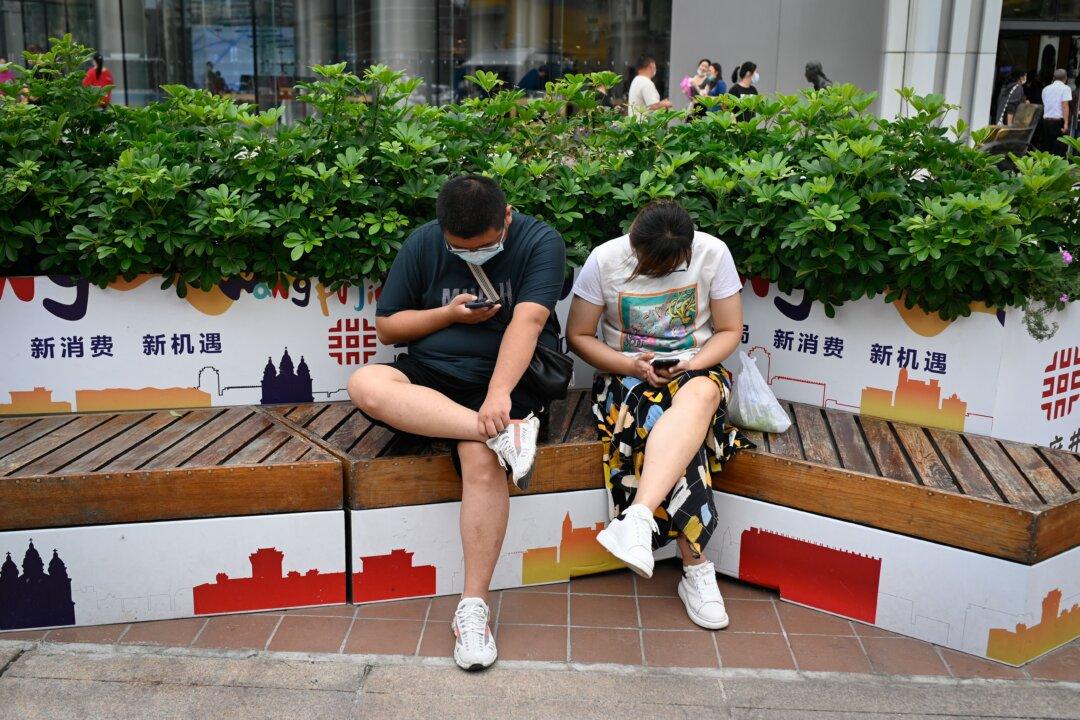News Analysis
As Beijing urges the younger generation to endure hardships, many Gen Zers are embracing a more relaxed lifestyle, identifying themselves as “rat people.” Some China analysts say that this phenomenon underscores a troubling sense of despair and hopelessness among the youth regarding their future amid China’s economic decline and bleak job prospects.




